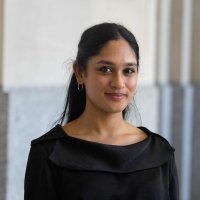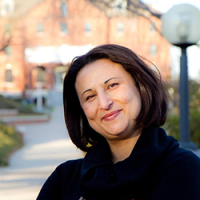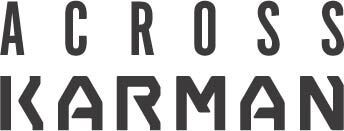25 Years of Women, Peace, and Security in the Middle East
Submit a question
The year 2025 marks the 25th anniversary of the landmark UN Security Council Resolution 1325, which acknowledged the disproportionately adverse effects of conflict on women and girls and called for the meaningful participation of women in negotiations and peacebuilding processes to ensure lasting and inclusive peace. Studies show that including women in structured peace negotiations increases the likelihood of it lasting at least two years by 20% and for 15 years by 35%. Yet, in the Middle East, where women are leading in local communities, they are noticeably absent from the negotiating table. This online panel discussion took stock of the Women, Peace, and Security Agenda in the Middle East, with a focus on the ongoing conflicts in Israel and Palestine, Yemen, as well as post-conflict settings emerging in Syria.
- The Middle East & North Africa (MENA) underperforms on measures of women’s justice, security, and inclusion, with Syria, Iraq, and Yemen consistently ranked at the bottom of the Women, Peace, and Security Index.
- While women have always been active on a civil society and grassroots level in MENA, involvement on the Track I level has been limited, and women have largely been left out of the negotiation rooms. The barriers to women’s Track I participation include security risks, economic immobility, and gatekeeping practices.
- The establishment of a new government in Syria, presents both challenges and opportunities for women to participate in leadership roles. While women have been entering prominent positions, including the governor of Suwayda and head of the central bank, their participation at all levels remains limited. Meanwhile, women in Syrian civil society have been actively leveraging their roles to advocate for greater inclusion and representation in governance and engaging with the caretaker government. For instance, the Syrian Women’s Political Movement announced their “Feminist Human Rights Manifesto,” which outlines their vision for peace and strategic political inclusion.
- In Israel and Palestine, despite the disproportionate impact of the current conflict on women and the demand for women’s perspectives in policy circles, and the long-standing history of women leading and aiding Track II mediation efforts, gender imbalances have persisted at all stages of peace negotiations. The negotiation teams for ceasefire agreements have been all-male. Meanwhile, the spaces in which women can meet has also largely diminished over the past few years, making it even more difficult for women to organize and hindering their ability to impact the grassroots level.
- There is a call for locally tailored mechanisms that connect grassroots efforts with international support. International organizations can play a supporting role in promoting women’s participation in peacebuilding. They can, for example, facilitate safe spaces for women to convene.
- Women should be participating in policymaking on a wide range of issues beyond gender-focused topics, such as climate change, security, and religion, breaking down the perceived separations between gender and other critical matters.
Introduction

Moderator

Panelists




Hosted By

Middle East Program
The Wilson Center’s Middle East Program serves as a crucial resource for the policymaking community and beyond, providing analyses and research that helps inform US foreign policymaking, stimulates public debate, and expands knowledge about issues in the wider Middle East and North Africa (MENA) region. Read more


Middle East Women's Initiative
The Middle East Women's Initiative (MEWI) promotes the empowerment of women in the region through an open and inclusive dialogue with women leaders from the Middle East and continuous research. Read more


Environmental Change and Security Program
The Environmental Change and Security Program (ECSP) explores the connections between environmental change, health, and population dynamics and their links to conflict, human insecurity, and foreign policy. Read more


Maternal Health Initiative
Housed within the Wilson Center's Environmental Change and Security Program, the Maternal Health Initiative (MHI) leads the Wilson Center’s work on maternal health, global health equity, and gender equality. Read more


